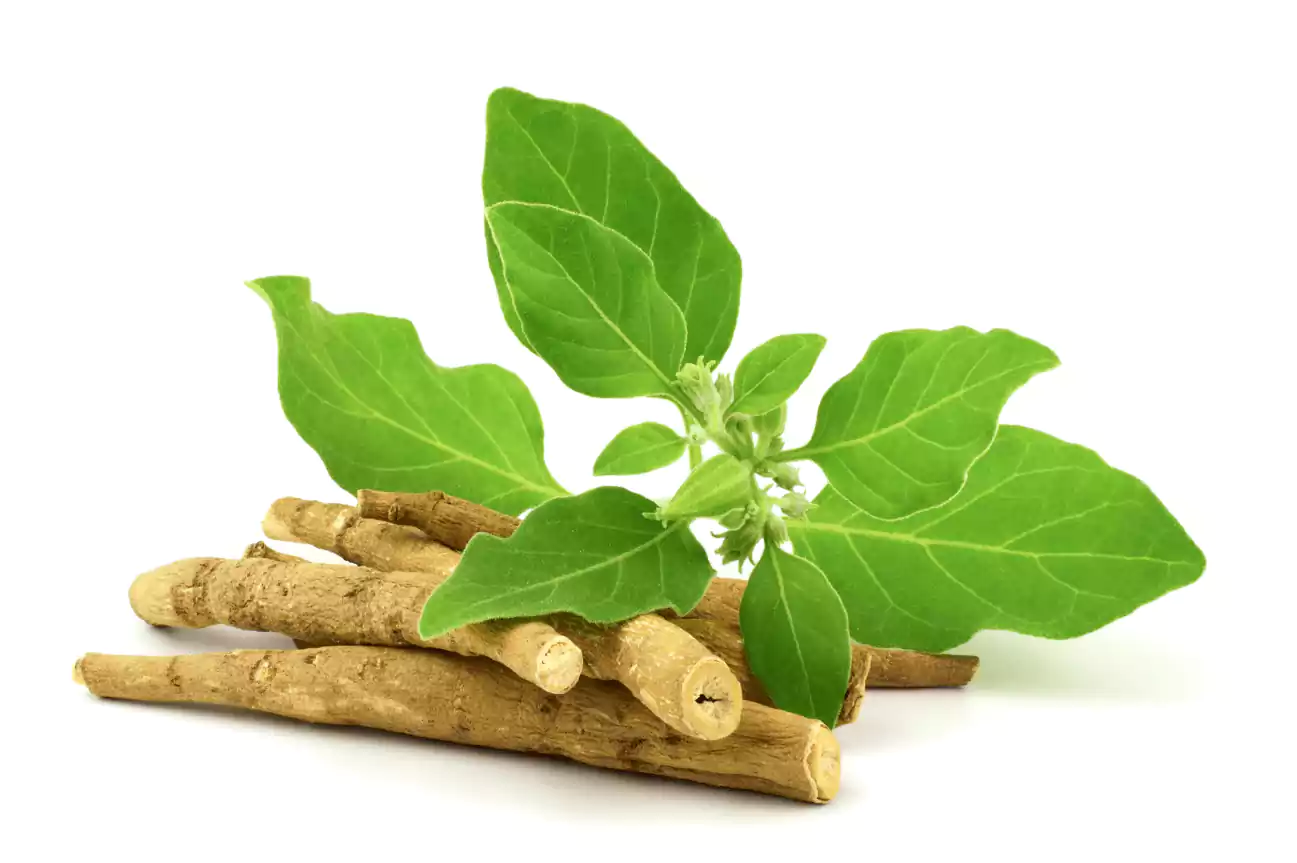Potassium Rich Foods
Potassium is a mineral that harbors electrical properties when it is dissolved in the fluid part of the blood and, as such, it is classified as an electrolyte. It is a nutrient that is critical to life as it is required for the proper functioning of cells, including the cells of the heart muscle. It works closely with its cousin sodium - another electrolyte – in maintaining the body's proper balance of fluids and acid-base. More specifically, potassium controls the amount of fluid inside cells while its cousin sodium maintains the balance of fluid outside cells.
Symptoms of Potassium Deficiency
A deficiency of potassium results in a fatal medical condition in the body, called as hypokalemia. It can happen as a result of aging process or in the people suffering from a chronic disease. The most common problems associated with the decreased potassium levels are cardiac arrhythmias, congestive heart failure, hypertension and depression. The symptoms of potassium deficiency appear when the level of potassium in the body decreases extremely.
Some of the common symptoms of potassium deficiency are muscular weakness, fatigue, temporary memory loss, unusual anxiety and confusion, improper digestion leading to constipation, kidney diseases such as acute renal failure, improper sleep, hypertension and nervous system disorders. Some other signs of potassium deficiency are weakness, thirst, dry skin, acne and other skin problems, heart palpitations, irregular heartbeat and abnormal psychological behavior. Potassium deficiency increases the acid levels in the body, which lowers the natural pH of the body. Potassium deficiency affects the formation of connective tissue, making the body tissue vulnerable to various health problems.
Beans
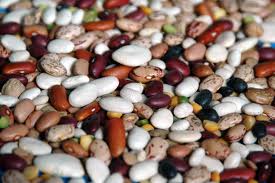
White beans provide the most potassium with 561mg per 100 gram serving, 1g per cup cooked. White beans are followed by Adzuki Beans, Soy Beans, Lima Beans, Pinto Beans, Kidney Beans, Great Northern Beans, Navy Beans, Pigeon Peas, Cranberry Beans, French Beans, Lentils, Split Peas, Black Beans, Hyancinth, and finally Yardlong Beans with 539mg per cup cooked.
Juices
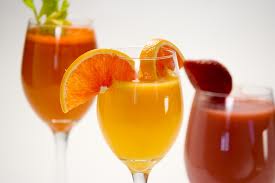
Juices containing more than 200 mg of potassium per cup include orange, apple, grapefruit, vegetable, tangerine, canned grape, canned pineapple and apricot. Juices containing more than 500 mg of potassium per cup include tomato, prune and carrot.
Potatoes
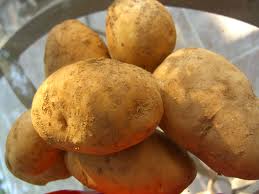
Potatoes demonstrate why cooking and eating habits affect the nutrient content of healthy foods. The flesh of a regular baked potato offers adequate nutrition, but eating the skin as well gets you more potassium. So its better doesn’t ever peel the potato.
Fish

Fish has many health benefits and is a great source of potassium. Pompano provides the most with 636mg per 100 gram serving, or 540mg per fillet it is followed by Salmon which provides 534mg per 3 ounce serving, Halibut, Yellow Fin Tuna, Lingcod, Mackerel, Anchovies, Herring, Cod, Snapper, Rockfish, Tilefish, Grouper, and finally Trout with 394mg in a 3 ounce serving. Cooking fish with dry heat is the best way to preserve the potassium content.
Avocado
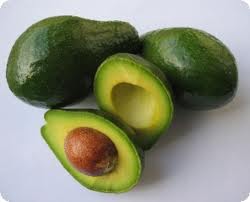
Avocados are great when made into guacamole or in a salad. 100 grams will provide 585mg of potassium or 14% of the RDA. That is 1.1g in one cup pureed and 975mg in a single avocado.
Dates

Dates are great as a snack, as an addition to fruits salads, or even savory stews. Medjool dates provide 696mg per 100 gram serving, or 167mg in a single date.
Raisins
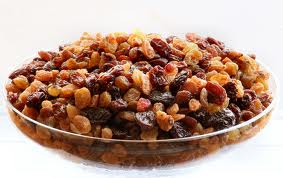
A cup of seedless raisins has 1,086 mg of potassium. Raisins are nothing more than dehydrated grapes. You can eat them alone as a snack or use them as a topping in salads, a component of trail mix and as a component in some meat dishes. Dessert cooking uses raisins as a filling in pies or in place of sprinkles on ice cream or frozen yogurt, raisins are sweet and chewy.
Fast Foods
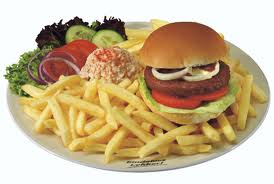
Ffast foods containing more than 200 mg of potassium per serving include a small order of french fries, single patty cheeseburger or hamburger, an egg and sausage biscuit, a bean and cheese burrito, chicken sandwich, fried clams, roast beef sandwich, cold cut submarine sandwich, hot fudge sundae, 1 oz. of salted or reduced-fat potato chips and a small taco. Fast foods containing more than 500 mg of potassium per serving include a medium or large order of french fries, 16 fluid oz. vanilla or chocolate milk shake. So don’t stop having fast foods… of course who don’t want to have fast food… so enjoy..!
Cocoa powder or Chocolates
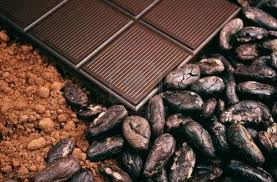
Dark chocolate is an excellent source of iron and zinc in addition to potassium. Pure cocoa powder without any fat, milk, or sugar, provides the most potassium with 1.5 grams in a 100g serving, or 1.3g per cup, and 76mg per tablespoon. Unsweetened baking chocolate provides 830mg per 100 gram serving or 241mg per square. Most sweetened milk chocolates will provide around 272mg per 100 gram serving, and 164mg per bar… Isn’t it good news…? From now on no one will stop you to having chocolates…. Have lots of Chocolates and Fast foods.



